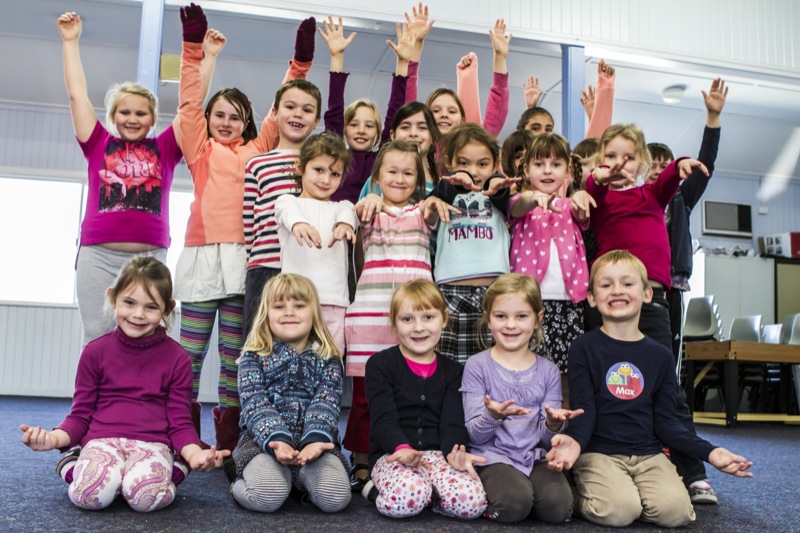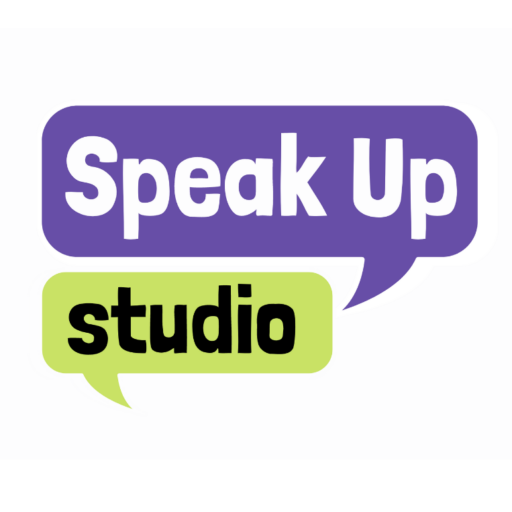
21 Jul Creative Kids!
Creative Kids!
words by Madeline Fairley
Performing arts are a great way for student’s to grow and develop in terms of confidence and creativity. Performance skills have been shown to assist in developing children’s learning needs, and boost a child’s imagination and creative abilities. As described in Courtney’ article “Drama Queens”, published in the 2014 June edition of Haven Brisbane, performing arts such as speech and drama can allow students the creative space they need to develop both on stage and off. Speak Up Studio helps students further their creative abilities, offering a range of opportunities for children to perform and develop their speech and drama skills. By participating in Speak Up classes students can gain performance experience in the following ways…
[checklist]
- Performing at various school events;
- Taking part in Speak Up Studio’s end of year concert;
- Participating in exams and eisteddfods;
- Performing each term for peers and parents.
[/checklist]
[line]
Drama Queens
Words: Courtney Elhers
“Participating in performing arts experiences helps children
expand their world, physically and psychologically, as they
grow from infant to toddler and beyond” (Haven 2014)
Brendan Ross, Festival Director for Out of the Box (opening this month
at QPAC), says participating in performing arts actively engages multiple
parts of a child’s brain, often at the same time. “It’s a great way for
children to learn to attune to their own feelings and those around them,
and to authentically express their ideas in imaginative ways,’ he says.
“Children can expand their collaborative and teamwork skills, learning
to balance their ideas and needs versus those of others in the group. It
is also great to do with the adults in their lives, providing a stimulating,
active and fun way of interacting and playing together.”
Kaitlin Bell, Education Officer at The Arts Centre Gold Coast and a studio
dance teacher adds one of the fantastic bonuses is the friendships
children develop. “In performing arts, students interact with each other,
developing very supportive friendships over time. In particular, I see
younger students bonding with older students who take on mentoring style
friendships.”
And it’s not just the social interaction providing great benefit for kids.
Engaging in performing arts enables children to explore their world,
and other roles and relationships within it. From young children playing
“mother/baby/sibling” interactions, to high school students exploring
characters, personality traits and issues outside their own experience,
performing arts provides an opportunity to view the world from a
completely new perspective.
Brendan says, “Participating in performing arts experiences helps children
expand their world, physically and psychologically, as they grow from
infant to toddler and beyond.
“Neuroscientists have demonstrated that babies recognise and enjoy
simple musical patterns and have clear emotional recognition of the
good and bad characters in puppet plays. Young children love to explore
identity, social roles and relationships [while] older children, even at the
age of eight, are capable of engaging with surprisingly rich and complex
social and emotional ideas.”
Kaitlin adds that this engagement and exploration is not limited to the
performers on stage. “Even by viewing a performance, you’re exposed to
how other people think, feel and react. Having this opportunity creates
empathy and allows us to experience situations that we might not have
otherwise experienced.”
And while your little diva may immediately take a shine to the spotlight,
performing arts can also benefit quieter types. Stories abound of famous
actors revealing their inner shyness or anxiety. Oscar winning actor,
Kevin Spacey, embraced drama to counteract his ‘new-kid-at-school’
awkwardness as a child whose family travelled extensively when he was
young. The confidence and communication skills developed in dramatic
arts can benefit all kids – even those who are not intent on being the next
Leonardo or JLaw. “It is incredible to see how someone who started off
in the corner, not engaging, literally wanting to flee, can suddenly find …
a kind of confidence in themselves that they did not display a couple of
hours earlier,” Spacey has said.
But if centre-stage doesn’t appeal, there are a multitude of ways to
benefit from performing arts. Brendan Ross says, “There is a great
diversity of creative opportunities to fit with each child’s personality,
interests and strengths. Being part of a choir brings wonderful social and
musical benefits. Constructing sets and costumes engages brains with
both imaginative and practical skills. We also need more storytellers.”
Kaitlin explains that scriptwriting and composing really “come to the
fore” for high school students, where these skills become part of the
curriculum. She adds, “Without stage managers or lighting designers or
dramaturgs, not many performances would make it to the stage!”
And performing at home can be just as rewarding as formal tuition,
with children benefiting in different – but equally valid – ways. Kaitlin
says, “Attending classes with a skilled teacher and in a well-equipped
studio will enable your child to learn new skills in a structured and safe
environment. Ballet, in particular, instils a great deal of discipline …
whereas experimenting at home enables the child’s creative brain to take
over and experience a lot more freedom.”
Brendan agrees: “Unstructured experiences affirm and amplify
important creative processes such as lateral thinking, free association,
improvisation, and finding your authentic voice.”
He says structured participation can “focus the development of specific
technical skills through a clearly articulated process” and “guide children
into new creative territory that they might otherwise naturally tend to
avoid.”
Whether your child has a yen for the stage, a passion for dress-ups, or
loves the anticipation of sitting in the audience, engaging in dramatic arts
can be so much more rewarding than just the joy of a great performance.
Embrace their self-expression and get set to lift the curtain on their inner
superstar!

